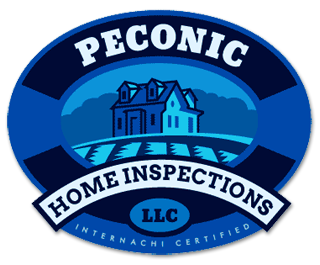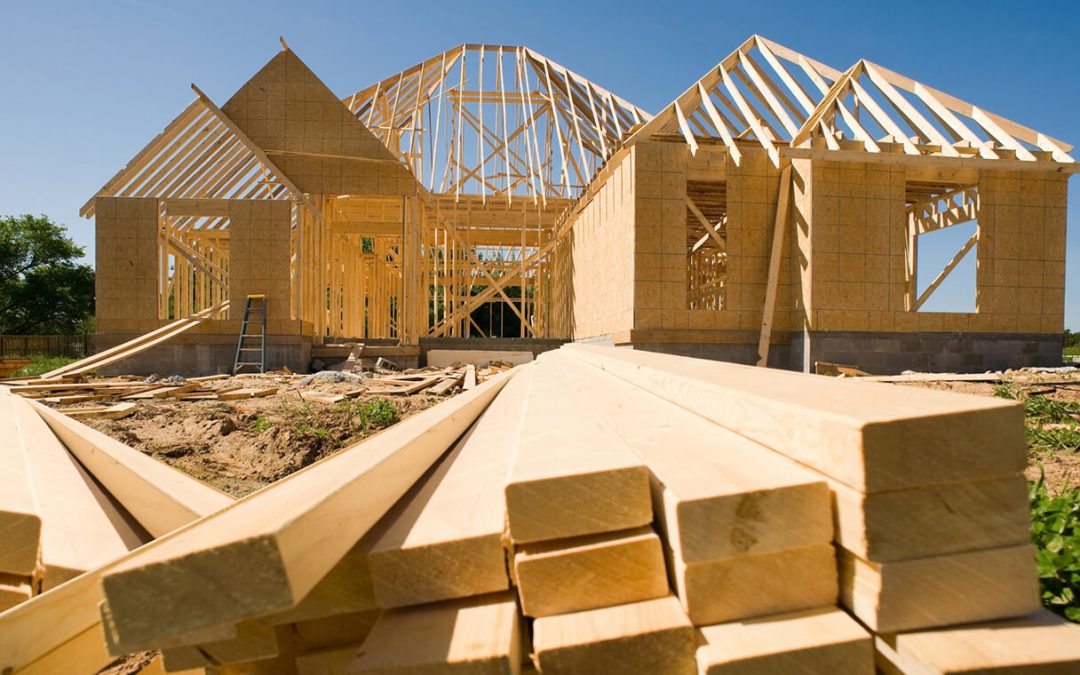Municipal Inspections Only Verify Minimum Requirements
There’s a common misconception that as long as a home is built to code, it is free from defects. This isn’t always the case. A municipal inspector’s job is to make sure the house is safe enough for habitation. The property only has to meet minimum standards in order to pass a code inspection. It’s not the city inspector’s job to report problems, damage, or materials that might pose a threat down the road.
Have the Builder Repair Defects
A home inspection report will detail any problems with the new build. You can have defects repaired before closing and on the builder’s dime. Problems with plumbing or wiring can lead to trouble with a sink or appliance once you’re living in the home. After your builder’s warranty expires, these repairs could cost you thousands of dollars. This is why it’s important to know before taking ownership so that the builder will take care of repairs.
Catch Hidden Problems with an Inspection on New Construction
The municipal inspector won’t examine all areas such as the crawl space or attic. The building will pass the code inspection as long there weren’t any major defects. You might notice later that one room isn’t retaining heat. Perhaps the attic wasn’t insulated properly in the area directly above this room. Hiring a professional inspector will help you uncover these problems before your move-in day.
Inspection On New Construction: Prevent Problems
Here are some of the things in your house that a home inspector may notice.
- Improperly-installed flashing on the roof that can lead to leaks and mold growth.
- Pipes that aren’t sealed correctly can leak and cause water damage.
- Gutters that aren’t installed properly cannot direct water away from the house.
Since these issues will result in problems if left undetected, a home inspection on new construction is important to protect your investment.
Get Your Home Inspected During the Build
Some home inspectors offer phase inspections that are performed at different points during the construction. This way you can verify the home is built well every step of the way.
Order the first inspection before the builder pours the foundation. This is a time when your inspector can check for settling issues or drainage problems.
The second inspection is usually a pre-drywall inspection. Have the home inspected after the roof, framing, and windows are in place so your inspector can look for wiring, framing, and plumbing problems before they are hidden by walls.
The third inspection is the final assessment that happens just before move-in. Your inspector will conduct a complete inspection of the entire property. He or she will make sure that the roof flashing looks good, doors and windows are sealed, and that the HVAC piping and duct-work were installed properly.
You will move into your new home with peace of mind knowing the structure and all of its components are in great shape and ready for your family to enjoy.
Peconic Home Inspections offers home inspection services. Contact us to schedule an appointment in Long Island.

